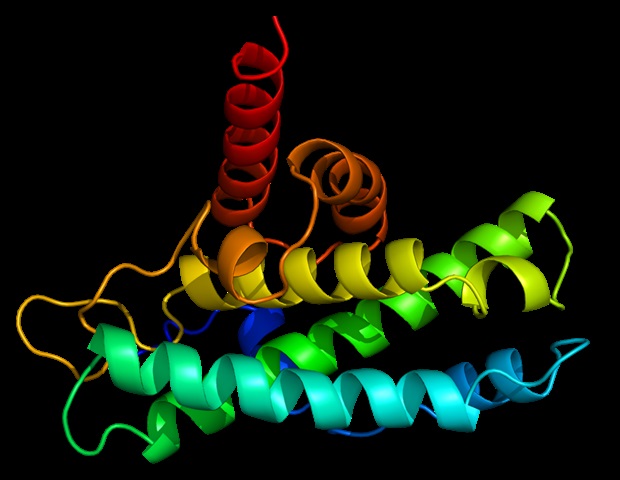
A new review published in Genes & Diseases explores the multifaceted role of FAM20C, a Golgi protein kinase, in disease progression. By highlighting FAM20C’s involvement in cancer growth, biomineralization, cardiovascular diseases, and metabolic disorders, these findings provide promising insights into new therapeutic strategies targeting FAM20C-related pathways.
FAM20C is known for its ability to phosphorylate secreted proteins, regulating critical biological processes. FAM20C is a significant driver of cancer progression, particularly in glioma and breast cancer, by enhancing tumor invasion and metastasis. Additionally, FAM20C’s role in modifying the tumor microenvironment may influence immune cell activation and contribute to cancer aggressiveness.
Beyond oncology, the article underscores FAM20C’s involvement in bone and dental health, linking it to diseases such as Raine syndrome and hypophosphatemic rickets. Furthermore, the authors connect FAM20C to cardiovascular health, demonstrating its influence on vascular calcification and calcium homeostasis in heart function.
The ability of FAM20C to regulate multiple physiological and pathological processes makes it a promising target for future therapeutic development.
The article also explores potential FAM20C inhibitors as new treatment avenues for aggressive cancers such as glioblastoma and triple-negative breast cancer. Experimental data suggest that small-molecule inhibitors targeting FAM20C could reduce tumor growth and metastasis.
Given its diverse biological roles, the identification of FAM20C as a central regulator of disease progression paves the way for innovative treatment strategies across multiple medical fields.
Source:
Journal reference:
Zhang, R., et al. (2023). FAM20C: A key protein kinase in multiple diseases. Genes & Diseases. doi.org/10.1016/j.gendis.2023.101179.


